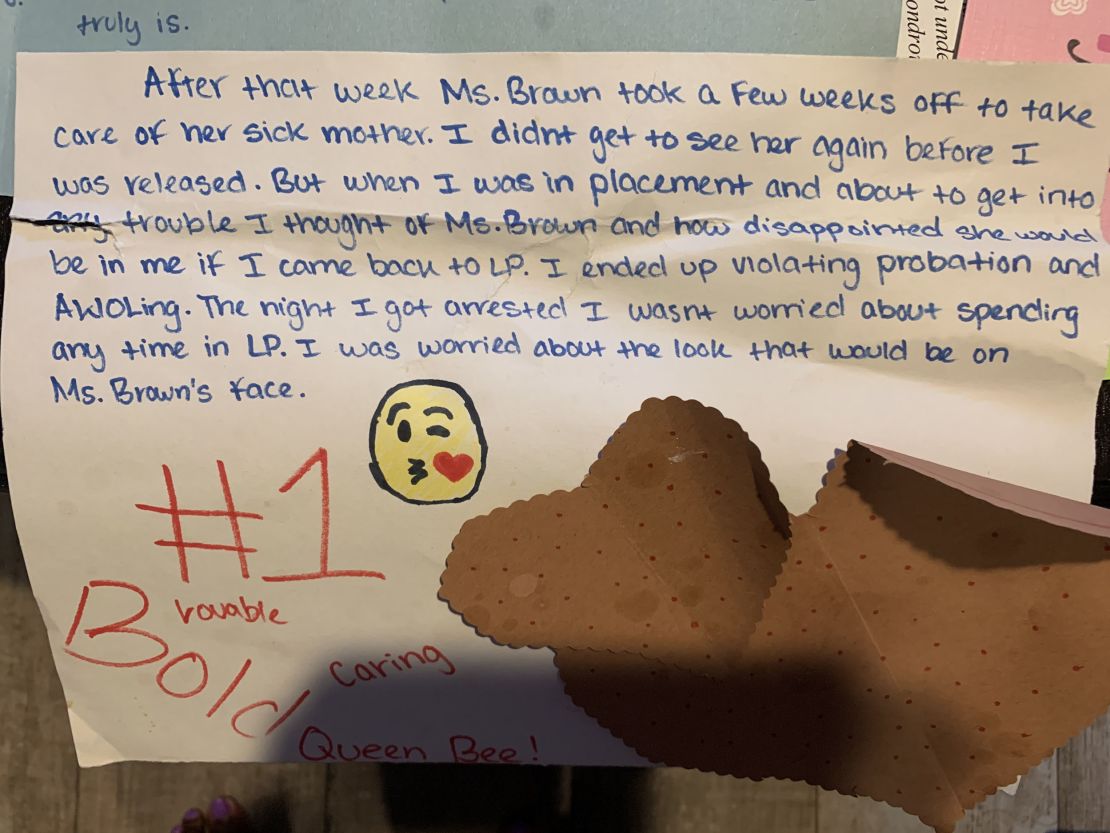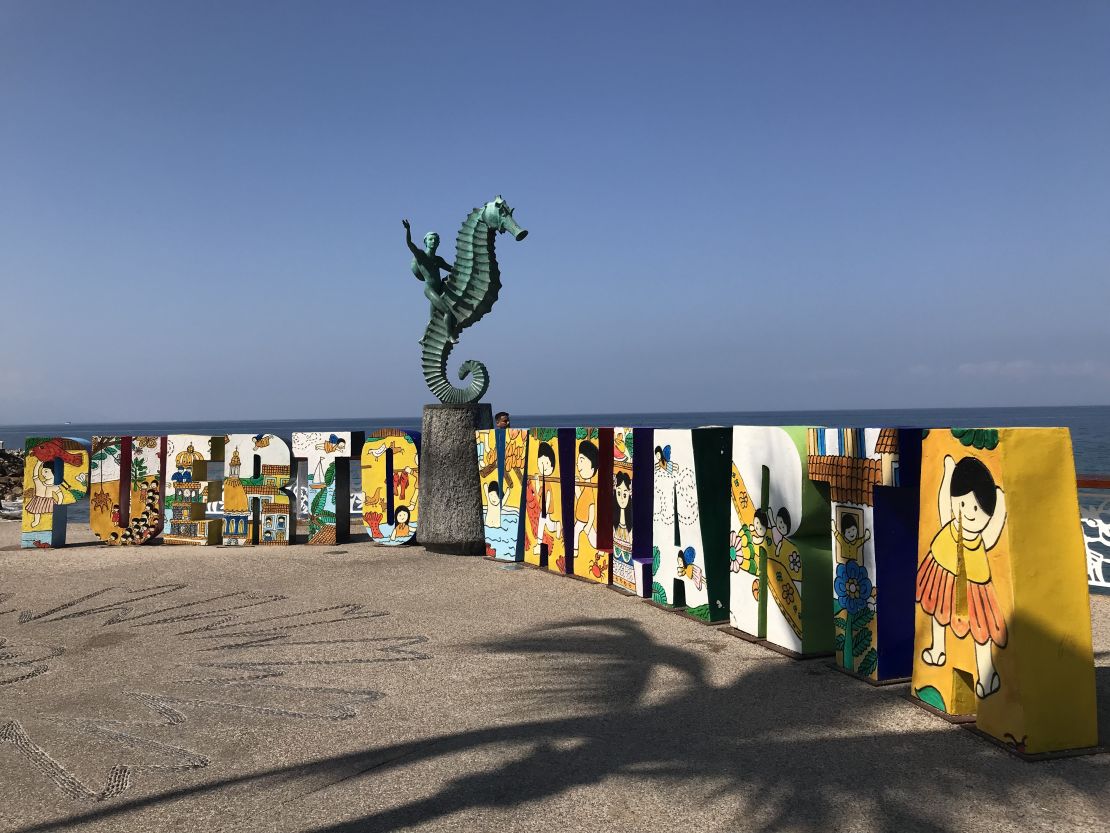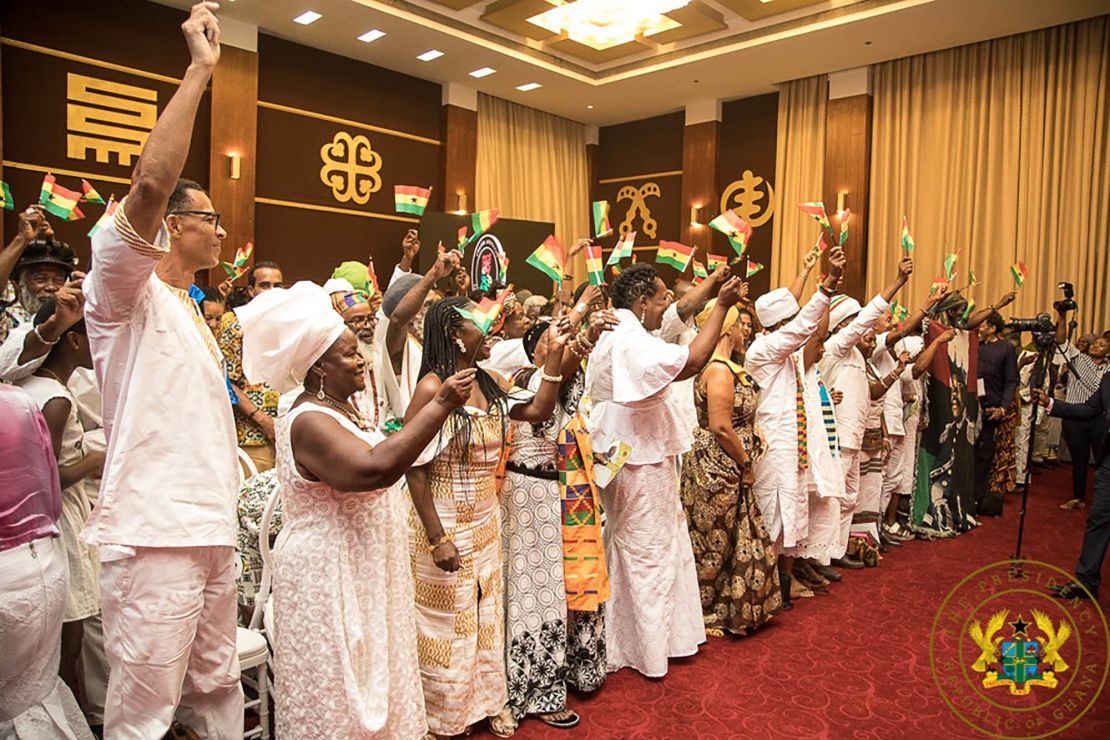Demetria Brown knew the exact moment she decided she’d had it.
She’d just watched a video of George Floyd pinned under an officer’s knee, saying he couldn’t breathe as he begged for his life. She sobbed as she played it over and over.
On June 1, a week after Floyd’s death, she quit her job as a detention officer for the Los Angeles County Probation Department. In the midst of the global coronavirus pandemic, she sold her house, stuffed her belongings into 13 duffel bags and relocated to Puerto Vallarta on Mexico’s Pacific coast.
Brown, 42, is one of many African Americans leaving the United States permanently for many reasons, including racism and fear of police brutality. Her flight landed in her new hometown on June 25, a month to the day Floyd died.
“Watching that video – my heart broke and sank all at the same time,” Brown says. “That video served as my final confirmation that I was doing the best thing for my life by departing the United States of America permanently.”
It’s a phenomenon dubbed ‘Blaxit’
African Americans have been moving from the United States for years – a phenomenon dubbed “Blaxit” that’s getting renewed attention as the nation confronts its history of racism after Floyd’s death.
While there are no official statistics on how many have left the country, Black people have turned to social media to get insight from those who’ve relocated, especially to African and Caribbean nations, where some say they feel safer as part of a majority.
For Brown, following her heart and living without fear of racism meant moving to the resort town 1,200 miles from the city she’d worked as a detention officer since 2004.
She visited Mexico several times before she decided to relocate to the nation the State Department says is home to 1.5 million US citizens. That number includes US-born children who’ve returned with their Mexican parents, American retirees and digital nomads.
She calls the move the best decision she’s ever made. While Mexico is not perfect and has its own problems, she says, she’s never encountered any racism in the tourist destination made famous by the 1960s film, “The Night of the Iguana.”
“They value me as a person. My complexion feels like added value to me here and I am not afraid of the police. Can you imagine saying that?” Brown says. “I walk by police with guns in Puerto Vallarta, they smile and wave. No fear.”
She found the disparities in the US justice system exhausting
Leaving a criminal justice system frequently vilified for its treatment of minorities has been a major relief, Brown says.
African Americans make up only 13% of the US population but a majority of innocent defendants wrongfully convicted of crimes and later exonerated, according to a 2017 report from the National Registry of Exonerations. Black people are also more likely to be pulled over by police and 12 times more likely to be wrongly convicted of drug crimes than White people, according to the report compiled by three universities.
“As a detention officer, I would see kids of color being charged differently,” Brown says. “White kids would come in for crazy crimes and get off with no time and Black and Mexican kids would come in for something as simple as stealing a pack of meat and get camp time.”
While she was passionate about her career and loved her unit’s commitment to making a difference, she called the disparities exhausting.
“I saw so much bad but we did so much good,” she says. ” Despite my effort and love, I understood I someday soon couldn’t do this much longer.”

Still, the decision to uproot was difficult
Brown’s desire to join the criminal justice system was rooted in family trauma.
Her father was imprisoned at the California Department of Corrections most of her life. She used that experience to make a difference in her job by building relationships with the young women under her professional care and keeping up with them long after her role was over.
“I worked in the criminal justice system to prove I wasn’t like my father. I didn’t want to be a statistic. I wanted to help in ways I thought I could,” she says. “I worked with youth and approached them with love and fairness. I had so many letters, drawings and words of thanks and that made me happy. They were my reward.”
Her father was released from prison in May last year and she slowly started a journey to free herself from the criminal justice system that had imprisoned him. She visited new places – Iceland, South Africa, India and Mexico – and found a kind of acceptance she’s never experienced before, she says.
“I started traveling to see the good in the world to escape all the bad I saw at work,” she says.
For months, she flirted with the idea of a move and even visited Mexican embassies in the US to seek details on permanent residency. Then Floyd’s video emerged, and her plan to move shifted into overdrive.
But even with the urgency, it was a heart-wrenching decision. She recorded a video of herself driving to work the day she quit, wondering out loud whether she was making the right decision. She drove past a group of protesters demanding justice for Floyd and broke down.
“The protesters are my heroes. They have their foot on the necks of true justice … and they’re penetrating more deeply than anyone thought they could. They just may kill injustice,” she says.
After she quit her job and hugged her coworkers goodbye, a sense of relief washed over her.
“I walked away from my job with my … freedom of time, peace but more importantly my sanity,” she says. “Racism is something I was forced to process daily both personally and professionally.”
She’s taken up a new life as a life coach
Brown spends her days swimming in the turquoise waters, using her fledgling “Spanglish” to explore her new community and working on her business as a travel blogger and a life coach.
She recently got approved for permanent residency in Mexico, but she’s not planning to give up her American citizenship.
In the US, she has an adult son who lives in Arizona and a 16-year-old daughter who’s in Southern California with her ex-husband but plans to join her after her schooling.
“My soul is happy. My spirit is singing. My eyes are bright and I’m excited about living,” she says. “My transition into adapting to Mexico and its culture has been completely transformative in a positive way. I feel the love and respect for me here.”

Some countries rolled out the welcome mat for Black expatriates
As outrage has grown over police killings in the US, some nations have rolled out the welcome mat for African Americans who want to escape the turmoil.
And some celebrities are embracing their African ties. Grammy Award-winning American rapper, Ludacris, kicked off this year with dual citizenship from Gabon, his wife’s home country. And last year, British actor Idris Elba accepted citizenship from his father’s native Sierra Leone.
Ghana granted citizenship to more than 120 African Americans and Caribbeans last year. The nation’s tourism minister held an event marking Floyd’s death in June, and used it as an opportunity to urge Black people to seek refuge there.

The West African nation has also launched a program called the Year of Return, which provides African American visitors a path to citizenship. Under the campaign, Ghana has seen an influx of African Americans, four centuries since the first African slaves stepped on American soil.
“You do not have to stay where you are not wanted forever. You have a choice, and Africa is waiting for you,” said Barbara Oteng Gyasi, Ghana’s tourism minister. “We continue to open our arms and invite all our brothers and sisters home. Ghana is your home. Africa is your home.”
Brown initially considered moving to an African nation, including South Africa.
However, after visiting both countries, she says, Mexico felt more like home.

